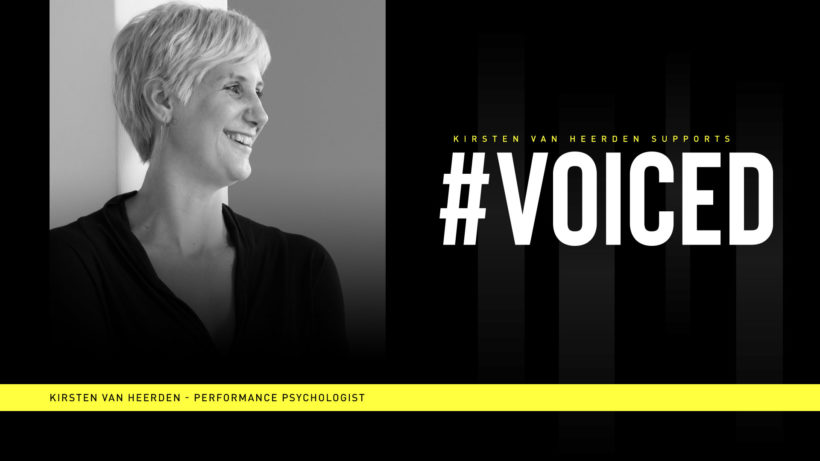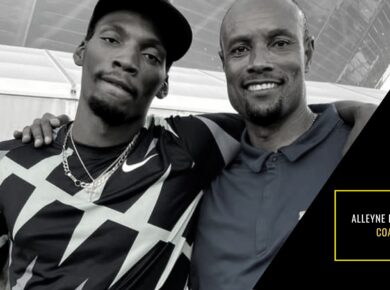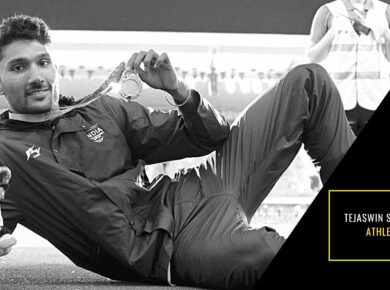Country: South Africa
Profession: Performance Psychologist
Kirsten, a clinical and performance psychologist, is one of only a handful of people in South Africa to have both represented her country in sport and hold a PhD in the area of sport psychology. She has been in practice over 10 years and works with various Olympic and World Champion athletes and teams. She has also published a book on retirement from elite sport and is regularly invited to speak at international conferences. She is currently in private practice in Durban.
For you, what is the difference between mental toughness and mental health?
I think mental toughness is about being able to execute a skill under pressure; remaining calm and composed and delivering performance when it matters. Mental health is a lot broader than that (but they are overlapping concepts for sure). Mental health is about overall wellbeing – emotionally, mentally, and socially. Think about it this way: someone like Michael Phelps was able to stand up and deliver gold medal performances in London 2012 (mental toughness) despite struggling with mental health issues such as depression at the time.
What stigma still exists within Track & Field when it comes to mental health issues?
As with all sports, there is still this idea of mental health struggles as ‘weakness’. I think it relates to the first question: they confuse being mentally tough with mental health – athletes (and those around the athlete) can’t see that they can be a tough athlete, yet still struggle emotionally or mentally. This creates a culture of silence where athletes that are struggling don’t want to reach out for fear of being seen as ‘crazy’ or ‘weak’.
What (if any) changes have happened within Track & Field over the past few years to better support athletes’ mental health? And what still needs to be done?
I think that slowly the stigma is changing and more athletes are speaking up. Look at athletes such as double Olympic gold medallist Dame Kelly Holmes who has opened up about her own struggles while she was competing. The more we have athletes courageously tell their story, the more we help de-stigmatise the issue. However, in most countries there is still no dedicated sport psychologist as part of the medical support team that looks after athletes, and very few that do any kind of mental health screening. In general, athletes are left to their own devices when it comes to accessing sport psychology services, which prevent many from doing so. A sport psychologist needs to become as much part of an athletes support structure as a doctor, dietitian, or physiotherapist.
What type of issues do you mostly see in your work with athletes?
Most athletes present with some kind of performance anxiety – so nerves getting in the way of performance. I have found in my practice that although athletes have been told what to do (believe in yourself, focus, let go of mistakes…) no one has told them how to do this. So much of my work is helping athletes with these foundational skills so they can put all their training and hard work to good use in competition. In terms of mental health, the most common issues are depression and anxiety, and particularly in female athletes, some kind of disordered eating.


